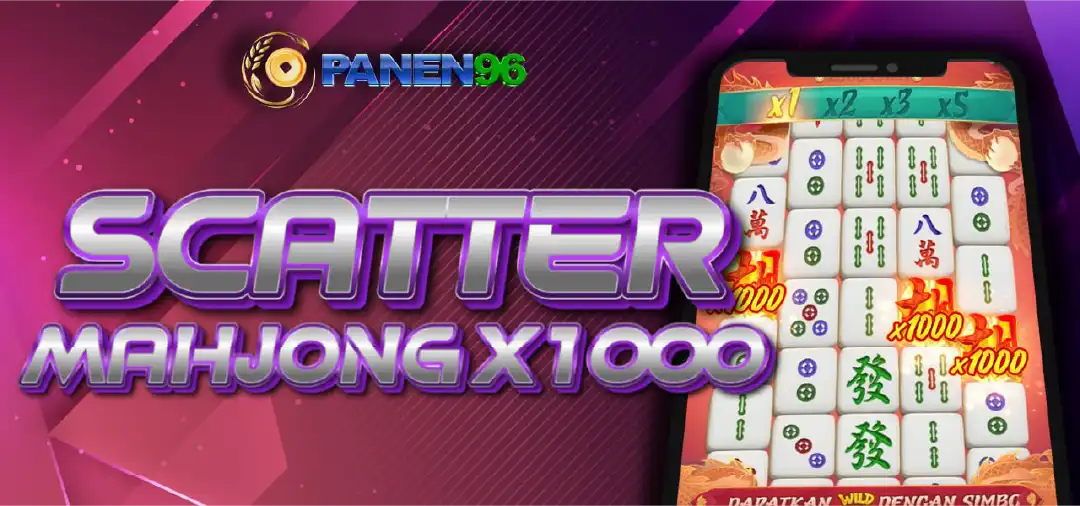The way people interact, work, and have fun has changed a lot in the digital age. Online communities are now places for creativity, collaboration, and even business. One of the most exciting changes is the rise of virtual economies in gaming. These digital markets are no longer just for fun—they give people real opportunities to earn money and connect with others.
What Are Virtual Economies?
Virtual economies are online systems where players can buy, sell, or trade items like skins, weapons, or clothes for their game characters. These items often follow real-world economic rules, such as supply and demand. Rare items usually cost more because they are harder to find. Games like Counter-Strike 2 (CS2) and Rust are great examples, with busy marketplaces where players trade millions of dollars’ worth of items every year.
How Gaming Marketplaces Work

Digital platforms have simplified the process of trading virtual items. For example, marketplaces dedicated to trading CSGO items have become essential hubs for players to buy and sell rare, visually stunning items that enhance their in-game experience. Similarly, platforms for customizing and trading Rust items are growing quickly, helping gamers personalize their characters and tools.
These platforms often use peer-to-peer systems to make trading simple and safe. One example is Waxpeer, a site where players can buy and sell in-game items without much hassle. It’s a secure and trusted way to trade.
Making Money Through Gaming

For many gamers, these virtual economies are more than just a fun activity—they’re a way to make money. Rare items like knives or gloves in CS2 can sell for high prices. Many players strategically buy and sell valuable items on trusted marketplaces to earn extra cash.
But it’s not just about money. These marketplaces help players feel more connected to their games. Collecting and customizing items takes time and effort, which makes the gaming experience more personal and meaningful. This keeps games like CS2 exciting for years.
Challenges and the Future
Despite their many benefits, virtual economies face challenges, such as counterfeit items and unfair trading practices. Advanced trading platforms address these issues by implementing robust security measures to protect users. In the future, advancements in blockchain technology and NFTs may further enhance trading systems by verifying ownership and introducing new features.
Final Thoughts
Virtual economies are changing how people play games and connect online. Whether you’re exploring the CSGO market or trading Rust skins, these marketplaces combine fun with real opportunities. As they grow, virtual economies will continue to play an important role in the future of gaming and online communities.
Hai, para pencinta slots Pernah mendengar semboyan “raja slot? jika tidak, siap-siap jatuh cinta sama konsep ini. slot demo adalah mesin slot yang sering memberi win. Yup, mesin-mesin ini bisa dibilang sebagai jagoannya tuk bawa pulang hasil. tapi, gimana sih caranya jumpain raja lot yang benar? Santai Bro and Sis, kita bahas {santai|tenang] saja di tempat ini
Permainan terpercaya saat ini hanya satu di Indonesia yaitu pasti memberikan return terbesar



